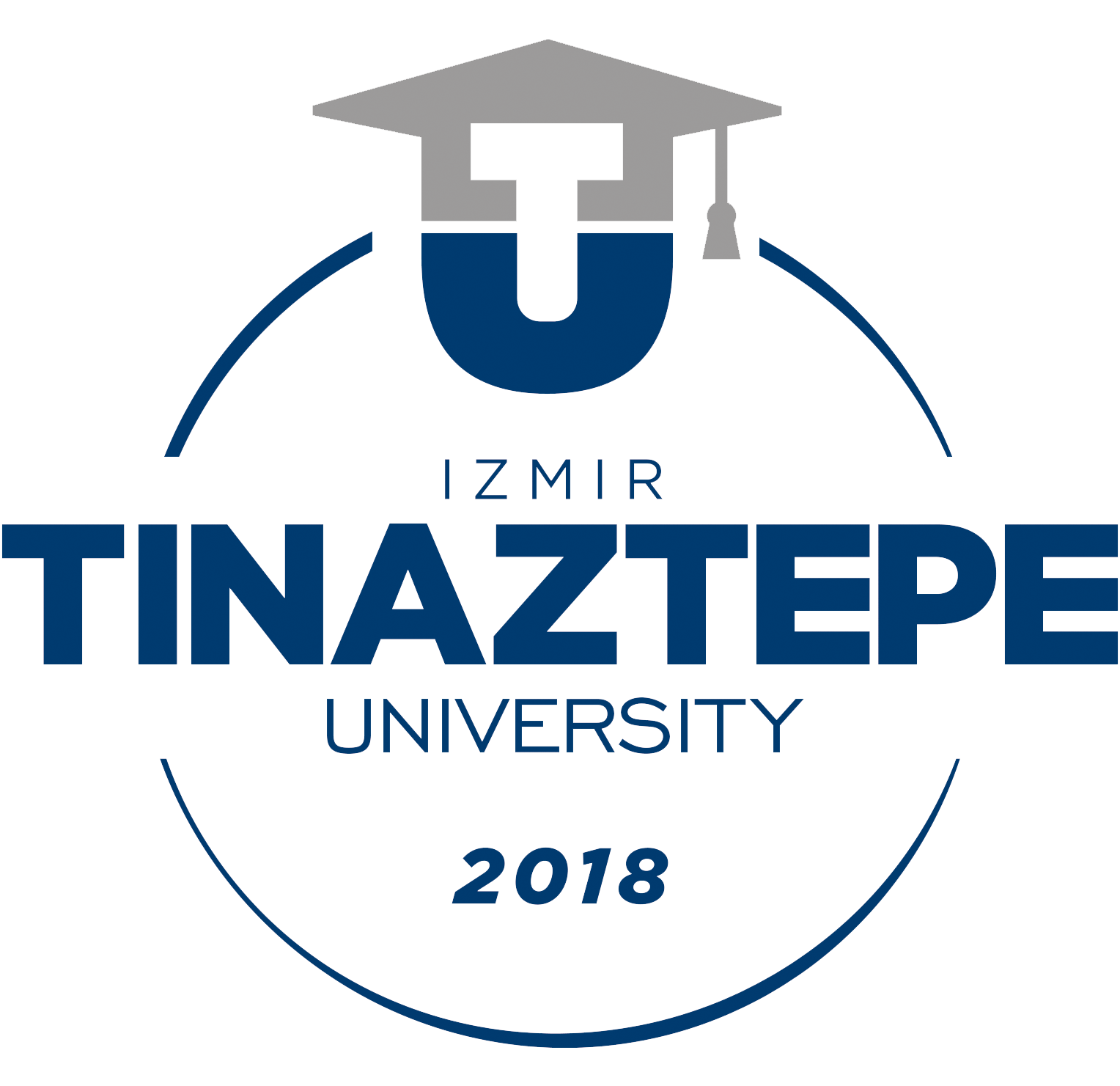
Student Mobility
Student Mobility
Student mobility may take place from one Program-related country to another Program-related or non-Program-related country at the associate, undergraduate, graduate or doctoral levels and in any field of academic study. In order to ensure that high quality mobility activities with maximum impact on students are carried out, the mobility activity should be compatible with the student's degree field and personal development needs. Students can perform the following activities:
Study Mobility: Students can study mobility at one of the partner higher education institutions abroad as part of their diploma program at any level of education. Such mobility may also include an internship programme. The combination of Internship and Study mobility aims to create a synergy between academic and professional experience abroad.
Traineeship Mobility: Students can perform traineeship activities in a business abroad, a research institute, a laboratory, an organization or another relevant workplace. Traineeships abroad are supported for studies at all levels of education and for new graduates. Traineeship mobility also includes teaching internships of prospective teachers, research assistantships of students and related research activities of doctoral candidates. In order to create a partnership with Horizon Europe, traineeship activities can also be carried out within the scope of research projects funded by the Horizon Europe program, provided that the double funding prohibition is respected. The traineeship activity should be an integral part of the student's learning program.
PhD Mobility: In order to better respond to the learning and educational needs of doctoral candidates and to create equal opportunities, doctoral candidates and recent graduates ('post-docs')1 short 1 "Post-docs" abroad can participate in internship mobility with the same conditions as other new graduates within 12 months of their graduation. They can perform 5-term or long-term physical education or internship mobility. It is possible to add virtual mobility to physical mobility.
Blended mobility: All kinds of study and internship activities abroad, including doctoral mobility, can be carried out as mixed mobility. It consists of virtual and physical mobility components that facilitate collaborative online exchange and teamwork. For example, the virtual component can bring together students from different countries and different academic fields to follow online courses. Or, these students may collaboratively and simultaneously work together online to fulfill assignments and responsibilities recognized as part of their curriculum. Students can also do blended mobility by participating in a blended intensive program. Blended intensive programs allow higher education institution groups to develop together an educational program (curriculum) and activities with physical and virtual components for their students, academic and administrative staff. Students who are unable to participate in long-term physical learning or internship mobility due to their academic field of study or lack of participation may participate in a short-term physical activity with a compulsory virtual component.
